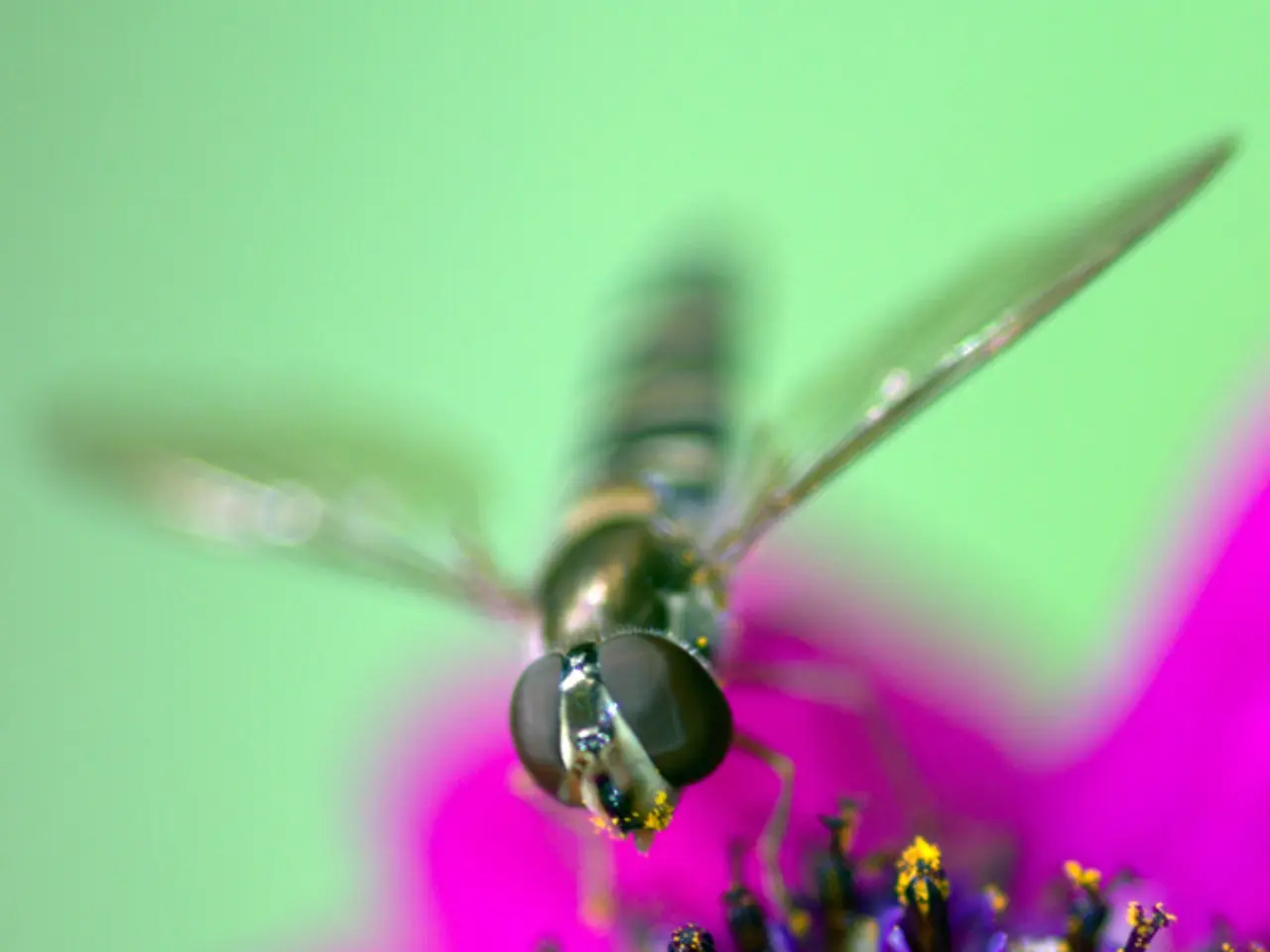Allergies flare up during springtime in Kentucky, making the state one of the worst-hit in the nation by seasonal allergies.
In the United States, more than 100 million people live with various types of allergies every year, making it a common health concern. Among these, nearly one in four adults and one in five children report having a seasonal allergy, according to the Centers for Disease Control and Prevention.
For those living in Kentucky, the struggle is real, as the state ranks among the worst for seasonal allergies from early spring through late fall. This is a concern that Dr. Arfa Faiz, an allergist at the University of Kentucky, is all too familiar with.
Identifying the specific triggers of allergies is the first step, Dr. Faiz explains. Allergy testing can help in this regard, providing valuable insights into what might be causing your symptoms. However, it's essential to understand that not all symptoms are allergy-related. Identifying whether symptoms are driven by allergies or another culprit is crucial.
Dr. Faiz advises young children with persistent symptoms such as congestion and sneezing to see a doctor. She also warns against misdiagnosing children's persistent symptoms as simply getting sick all the time instead of considering allergies.
If over-the-counter medications are ineffective, allergy shots can relieve symptoms, according to Dr. Faiz. These shots, also known as immunotherapy, can help build up a tolerance to the allergen, reducing symptoms over time.
Dr. Gregory Carnevale, chief medical officer for UnitedHealthcare, offers additional advice. He recommends modifying time outdoors as a way to prevent allergies. Specifically, he suggests avoiding outdoor activities during times when allergy counts are highest to help prevent allergies.
Moreover, Dr. Carnevale suggests wearing a mask if exposure to allergens is unavoidable. This simple measure can help reduce the amount of allergens that enter the body, potentially alleviating symptoms.
It's also worth noting that eczema and asthma conditions make children more likely to develop allergies. Therefore, it's essential to manage these conditions effectively to minimise the risk of developing allergies.
The Asthma and Allergy Foundation of America emphasises the importance of proper management of allergies. They recommend seeking the help of a healthcare professional to develop a personalised treatment plan. By following expert advice and taking proactive measures, it's possible to manage allergies effectively and enjoy a symptom-free life.
Read also:
- Transforming Spaces for Fresh Air: The Role of Architecture and Interior Design in Promoting Healthier Environments
- Deer in Canada are being eradicated by a "zombie-like illness", posing a threat to hunters
- Applications for the 2026 HRCIF program will become available shortly
- Cholera's Origins and Transmission Explored






